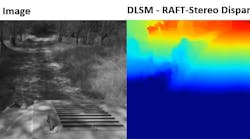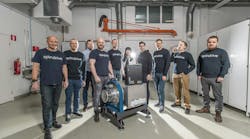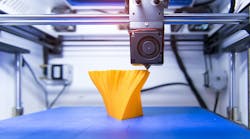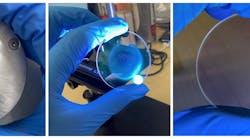With its performance-enhancing properties, safety features and environmental advantages, it's no surprise that aluminum is becoming a preferred metal among automakers around the world. But how does it affect those of us working behind the manufacturing curtain?
From pickup trucks to luxury sedans, aluminum is quickly making its way into the DNA of some of the world's most popular vehicles. With its performance-enhancing properties, safety features and environmental advantages, it's no surprise that aluminum is becoming a preferred metal among automakers around the world. But how does it affect those of us working behind the manufacturing curtain?
According to independent studies and research done by the Aluminum Transportation Group (ATG), aluminum is now second only to steel as the "most used material in vehicle production" and saves the equivalent of 44 million tons of CO2 emissions per fleet. The use of this new metal is not only transforming the environment, but is also the catalyst to major changes in the automotive manufacturing industry.
Redesigning Resistance Welding Equipment
Manufacturers and suppliers are making significant changes to their welding processes to accommodate the increase in production of lightweight vehicles. How? By redesigning resistance welding guns to make them suitable for the assembly of aluminum alloy vehicles.This change in vehicle structure requires current resistance spot welding techniques, normally applied to steel, to be transferred directly to aluminum alloy. However, more than double the secondary amperage is needed to weld aluminum, due to its composition, causing manufacturers to go back to the drawing board and reconsider design methods that have been the industry standard for many years.
The resistance welding components increased in size for rigidity in order to increase the water flow for cooling purposes and to decrease deflection from mechanical and electro-magnetic field forces. Transformers, which supply power, also increased in size to the meet the higher amperage requirement of roughly 40,000 amps.
Not only are guns changing, the welding contact surface, or electrode styles, are adapting as well. Common electrodes used for welding steel have traditionally had small, flat contact surfaces, which are now being redesigned to have large, rough surfaces to help break through the oxidation on the surface of aluminum. This process must accommodate a higher frequency of tip dressing, up to 2.5 times more than standard steel.
Notice a pattern? Most of the gun design changes required to weld aluminum resulted in an increase in size, meaning an increase in weight…
Achieving the Right Balance: Light Yet Robust
Automakers, manufacturers and suppliers alike are all moving towards a common goal: finding the right balance between lightweight yet robust materials. Aluminum might be the power player these days, but will full aluminum body structures be here to stay? Most likely not.It is expected that car manufacturers will be more strategic moving forward on the combinations of materials they will use to build vehicle structures. High-strength steel, magnesium and carbon fiber are just a few of the potential candidates, which is why those of us in the automotive manufacturing industry must be prepared to adapt to these changing materials and structures.
The key here is to remain nimble and flexible enough to be able to adapt to new technologies, new materials and new manufacturing processes. The automotive world is ever-changing and constantly pushing the boundaries to create better, more efficient vehicles. And we, the "makers," have to push alongside them to set the standards from the inside out.
Jeff Beach, General Manager with Detroit-based Milco Manufacturing, is a third generation partner with over 20 years of experience in the resistance welding industry. He is currently responsible for long-term strategic planning, market development as well as product development.










